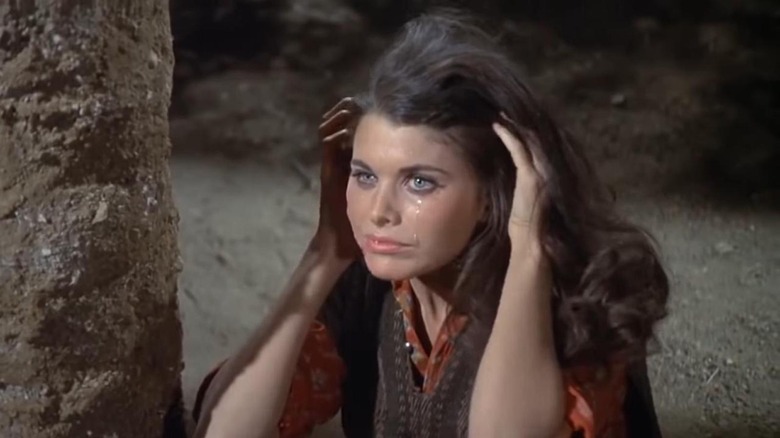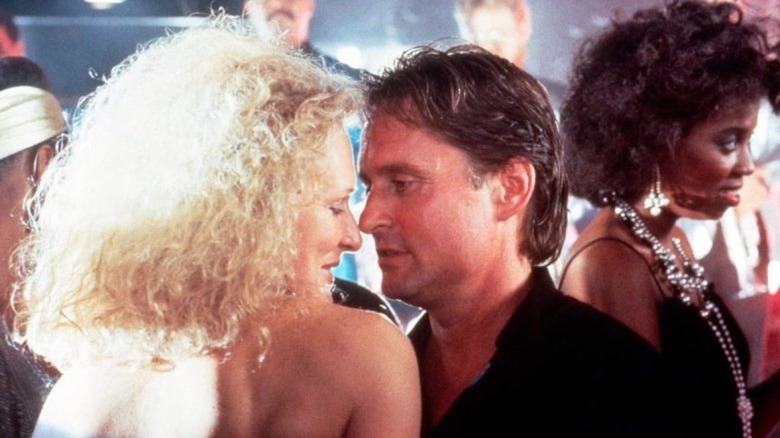20th Century Fox's First Female President Started A Police Chase On Her First Day
If you were around in 1980, you can, sadly, imagine the confusion that might be caused if a woman drove up to the 20th Century Fox gate on Pico Boulevard in Los Angeles and claimed to be the new head of the studio. This simply didn't happen. Women didn't run Hollywood studios.
Someone had to shatter that glass ceiling, and Sherry Lansing was as qualified as anyone to do it. She started out as an actor (appearing opposite John Wayne in Howard Hawks' swan song "Rio Lobo"), but quickly grew dissatisfied with that area of the industry. She was far more interested in the behind-the-scenes aspect of filmmaking, and quickly proved she possessed the savvy and good taste to succeed as an executive. At Columbia Pictures, she was one of the driving forces behind such critical/commercial successes as "The China Syndrome" and "Kramer vs. Kramer" (the latter of which won five Academy Awards, including Best Picture).
This made Lansing a hot Hollywood commodity, and 20th Century Fox, which was riding high on the transformative success of George Lucas' "Star Wars," made her the first female head of production at a major studio. Excellent decision? Absolutely. They just probably should've informed security that they'd hired her.
'Stop! She's the head of the studio!'
In a 2018 interview with The Hollywood Reporter, Lansing revealed that her first day at Fox was unexpectedly eventful because the guard manning the studio gate did not recognize Lansing.
"[I] guess he hadn't been reading the trades — and he wouldn't let me in. I told him I was the new head of the studio, but he didn't believe me. So I drove through the gate anyway. And then all these police started following after me. Finally, I got to the executive building, and the police were all around me and thank goodness [Fox chairman] Alan Hirschfield was there. He told them not to arrest me. He said, 'Stop! She's the head of the studio!'"
Lansing's tenure at 20th Century Fox was brief. Before she resigned in 1982, her two most notable greenlights were Sidney Lumet's "The Verdict" (which should've won Paul Newman his first Best Actor Oscar) and Martin Scorsese's "The King of Comedy" (a commercial failure that is now considered a pitch-black comedic classic). Lansing subsequently entered into a massively successful, Paramount-housed producing partnership with Stanley R. Jaffe, which brought the studio such box office and awards rainmakers as "Fatal Attraction," "The Accused," "Black Rain," and "Indecent Proposal."
In 1992, Lansing became the chair of Paramount Pictures, and oversaw a phenomenal run that included "Forrest Gump," "Braveheart" and, in an unexpected coup, the domestic distribution rights to "Titanic" (which her old home, 20th Century Fox, forfeited because the film had gone wildly over budget). The studio eventually named a theater on the lot after her, so if some clueless new hire tried to deny her entry, at least she had that going for her.

